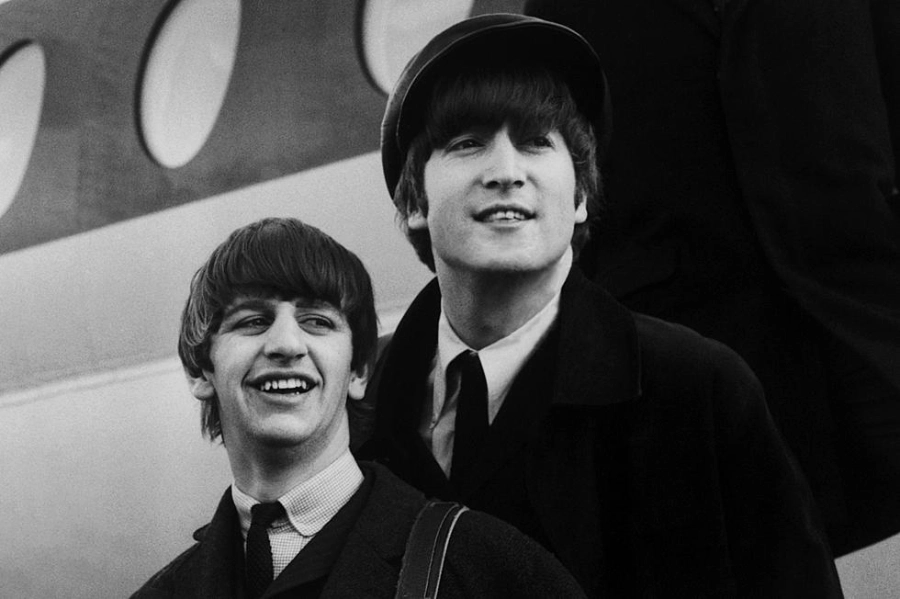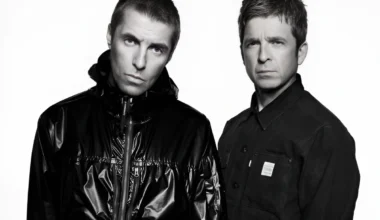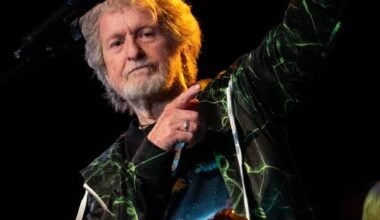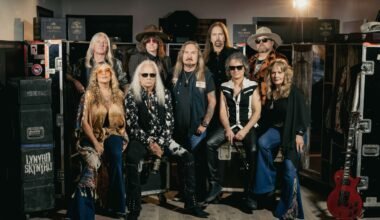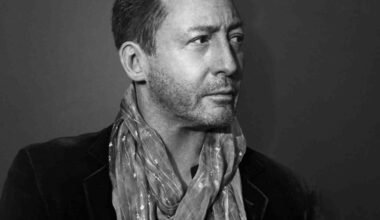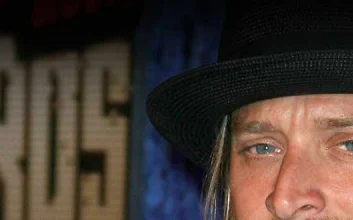When The Beatles disbanded in 1970, they left behind an unparalleled musical legacy. Over the course of eight years, the four lads from Liverpool crafted a body of work that set the gold standard for creativity and timeless songwriting.
It’s almost impossible to discuss their output without slipping into well-worn accolades, but their consistent brilliance—from the energetic beginnings of Please Please Me to the emotional close of Let It Be (with Abbey Road being their final recording)—guaranteed that their music would be cherished for generations.
By the end of The Beatles, their songwriting skills had reached a peak. Paul McCartney was poised to release the classic Maybe I’m Amazed and would go on to find commercial success with Wings.
John Lennon, meanwhile, would explore political activism and introspective themes in his acclaimed solo works John Lennon/Plastic Ono Band and Imagine. George Harrison had emerged as a songwriting force, contributing some of the band’s most beloved songs, including While My Guitar Gently Weeps, Here Comes the Sun, and Something.
The latter was even hailed by Frank Sinatra as “the greatest love song of the last fifty years,” though he mistakenly credited it to Lennon-McCartney.
As the three principal songwriters looked to the future, there was some concern for Ringo Starr’s prospects as a solo artist. While Ringo had always been a solid drummer, his contributions as a songwriter were limited and less well-received.
Songs like Octopus’s Garden and Don’t Pass Me By weren’t exactly highlights of The Beatles’ catalog. Still, Ringo had an undeniable presence, providing the band with both musical stability and a calming influence during moments of tension.
In a 1975 interview on The Old Grey Whistle Test, Lennon expressed his thoughts on the post-Beatles success of his former bandmates: “I’m pleased that everyone is doing well, but I’m especially pleased for Ringo. He’s found his niche. I always knew Paul would be alright.”
Lennon’s fondness for Ringo extended beyond words; he contributed the song I’m The Greatest to Ringo’s 1973 solo album Ringo. The track, originally demoed during Lennon’s Imagine sessions, was a tongue-in-cheek look at fame and a playful nod to Ringo’s “Billy Shears” persona from Sgt. Pepper’s Lonely Hearts Club Band.
In a 1980 Playboy interview, Lennon explained, “It’s the Muhammad Ali line. I couldn’t sing it, but Ringo could. He could say ‘I’m the greatest,’ and people wouldn’t take it seriously. If I said it, they’d all take it to heart.”
At the time, it wasn’t clear what Ringo’s post-Beatles career would look like. While he played drums on Lennon’s and Harrison’s solo records and participated in Harrison’s Concert for Bangladesh, Ringo’s future seemed uncertain.
He dabbled in acting and filmmaking, appearing in films with Frank Zappa and Harry Nilsson and directing T. Rex’s Born to Boogie concert film. But as his music career appeared to stall, Lennon shared his concern about Ringo’s financial future.
Speaking to journalist Ray Connolly from his home at Tittenhurst Park, Lennon said, “I don’t want Ringo to end up poor, having to play northern nightclubs.
That’s the worst thing for an ex-pop star in England—playing in places where people are eating chips and scampi while you’re performing.”
Despite the acrimony that occasionally marked the end of The Beatles, the bonds formed during their Hamburg days and Abbey Road sessions remained strong. McCartney and Harrison both contributed to Ringo’s solo album, and Lennon’s support for his friend’s career showed that, even with the distance, the Fab Four’s shared history still held them together.

